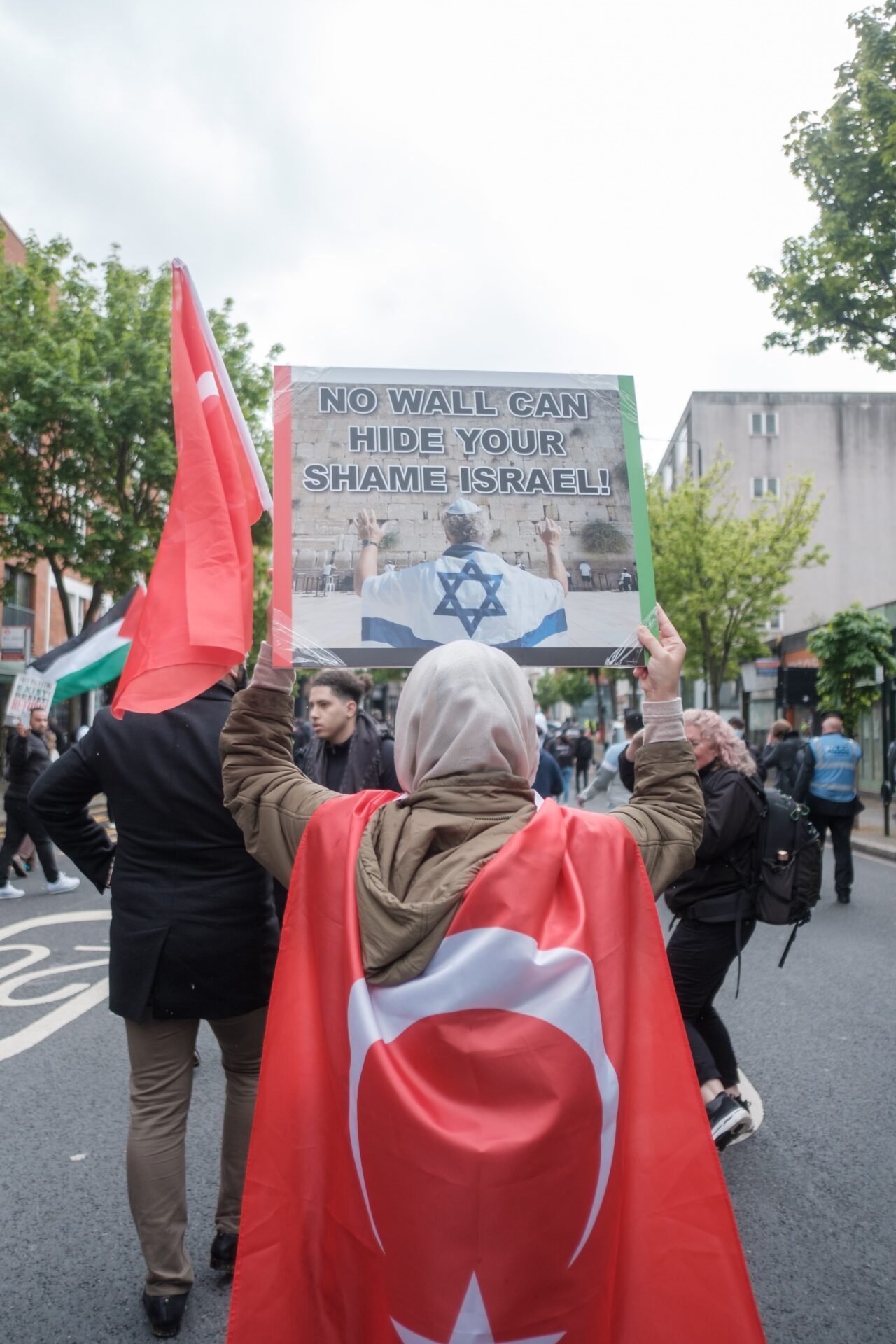by Jakob Staubmann
In recent news, the situation in the Middle East has taken a turn for the worse, leaving little hope for a peaceful resolution to the ongoing conflict. Both sides, Israel and Palestine, have been engaged in a relentless struggle, with accusations and attacks being hurled from one side to the other.
Israel has been intensifying its offensive against Palestinians, labeling them as terrorists and justifying its actions as self-defense. On the other hand, Palestinians, feeling hopeless and desperate, have resorted to arming themselves in an attempt to gain strength and fight back against Israel’s aggression.
Unfortunately, all attempts at finding a viable solution and reaching agreements have been futile, leaving both parties disillusioned and the prospects for peace shattered.
The Israeli-Palestinian conflict has a long and complex history, marred by deep-rooted grievances and territorial disputes. Decades of failed peace negotiations and broken promises have only fueled further animosity and mistrust between the two sides.
Israel’s perspective on the conflict is centered around its security concerns and the constant threat it perceives from Palestinian militant groups. The country has faced numerous attacks and acts of terrorism, leading to a hardline approach in dealing with the Palestinian territories.
On the other hand, Palestinians have been living under occupation, with limited resources and a bleak outlook for the future. The lack of political and economic stability has pushed many Palestinians towards radicalization and acts of violence as a means of resistance.
Despite international efforts to broker peace, such as the Oslo Accords and the Camp David Summit, the situation on the ground has only worsened. Settlement expansions, demolitions of Palestinian homes, and restrictions on movement have created a volatile environment, further exacerbating tensions.
With each passing day, the hopes for a peaceful resolution seem to fade away. The cycle of violence continues unabated, with innocent civilians on both sides paying the price for this seemingly endless struggle.
In order to break this cycle, it is imperative for both Israel and Palestine to engage in sincere dialogue and prioritize the well-being of their people over political gains. The international community also has a crucial role to play in facilitating negotiations and ensuring a fair and just outcome for both parties.
It is high time for a renewed commitment to peace, where the grievances of both Israelis and Palestinians are acknowledged and addressed. Only through genuine understanding, empathy, and compromise can a lasting solution be achieved.


